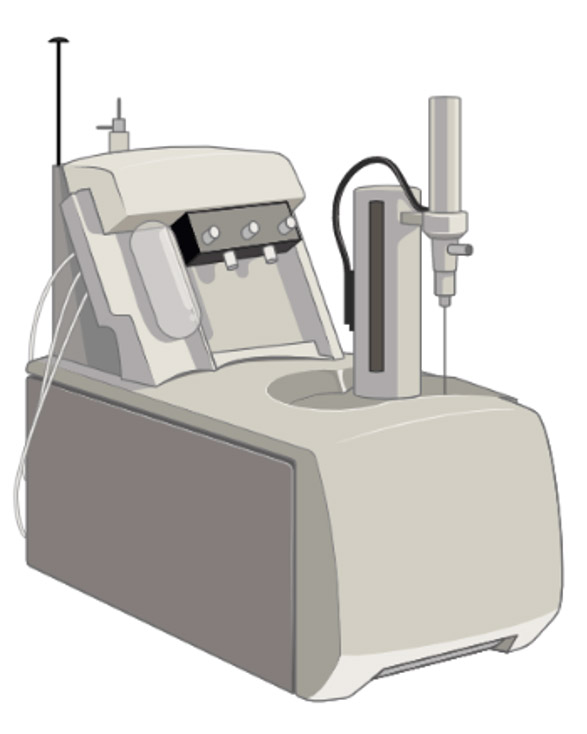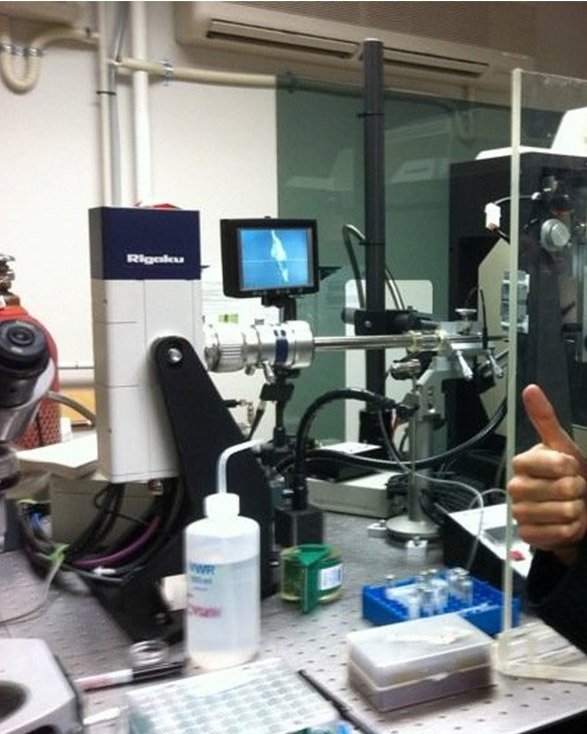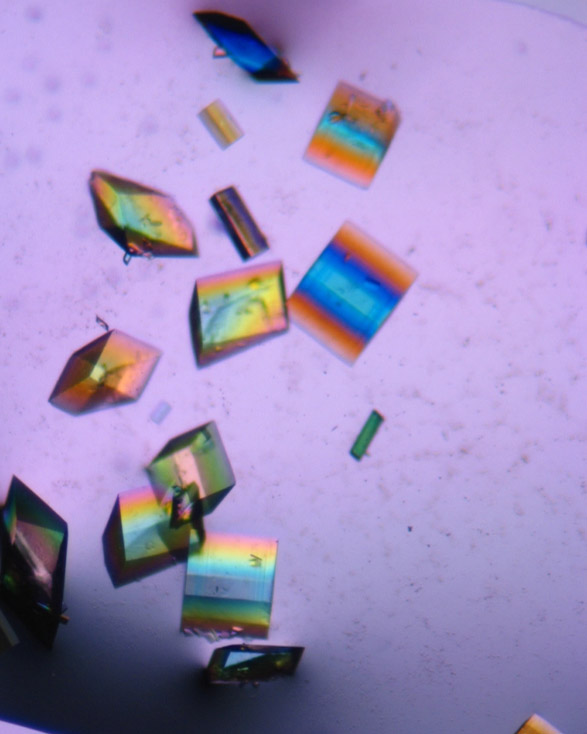Research Area
Protein Kinases are enzymes that catalyze the transfer of a chemical tag to various amino acids of target proteins or substrates. This chemical tag is known as a “phosphoryl group”, and the process is thereby termed “phosphorylation”. Phosphorylation of a target protein can fine tune its activity or in some cases act as a molecular switch, turning the targeted protein on or off. This process is involved in every facet of human physiological activity from memory formation to the beating of our hearts.
Aberrant phosphorylation events have been proposed to underlie many human diseases, including Alzheimer’s disease, cancer, and many different heart conditions. We are interested in how these protein kinases regulate the function of various proteins in neuronal, muscular and neuromuscular junctions; from ion channels to adapter proteins. To study these systems, we use structure-function approaches. Primarily, the lab uses X-ray crystallography and single particle cryo-electron microscopy combined with biophysical and biochemical assays to study the function of the protein kinases.
Our over-arching goal is to uncover the molecular mechanisms of under-studied kinases and develop novel therapeutic tools that alter their activities. High-resolution structures often provide clues for how to alter their functions using site-directed mutagenesis or reveal novel pockets that can be used for structure-based drug design. Together these approaches contribute to our understanding of these fascinating enzymes, while at the same time provide new therapeutic strategies and for creating novel treatments against common human afflictions.
Funding

Affiliations







